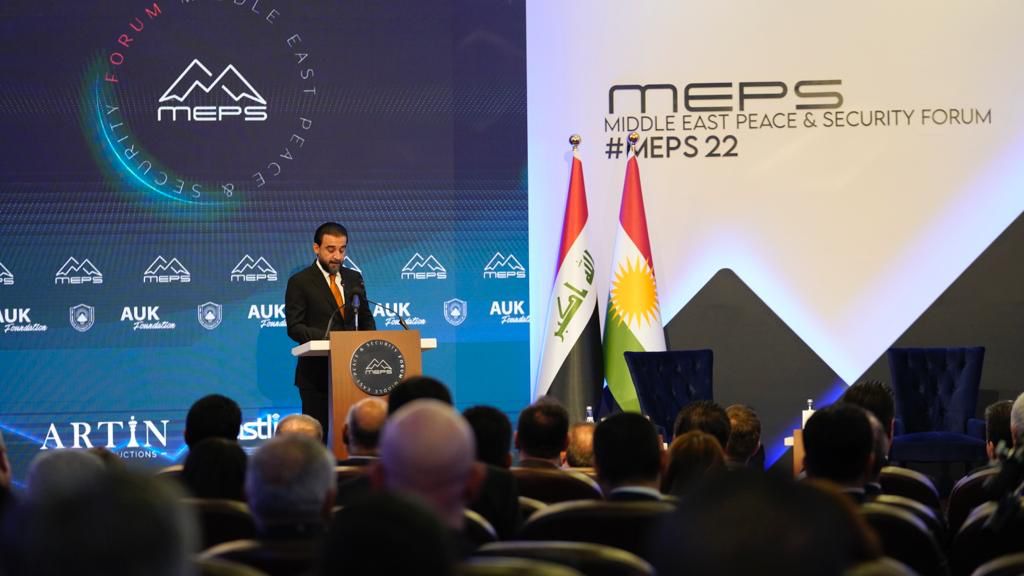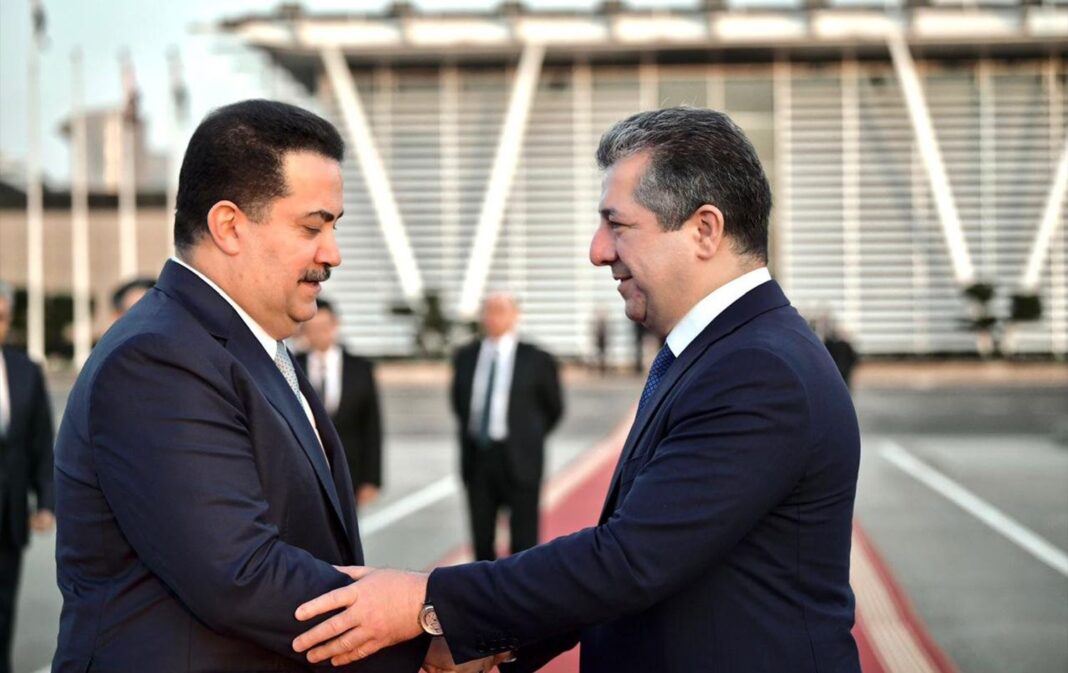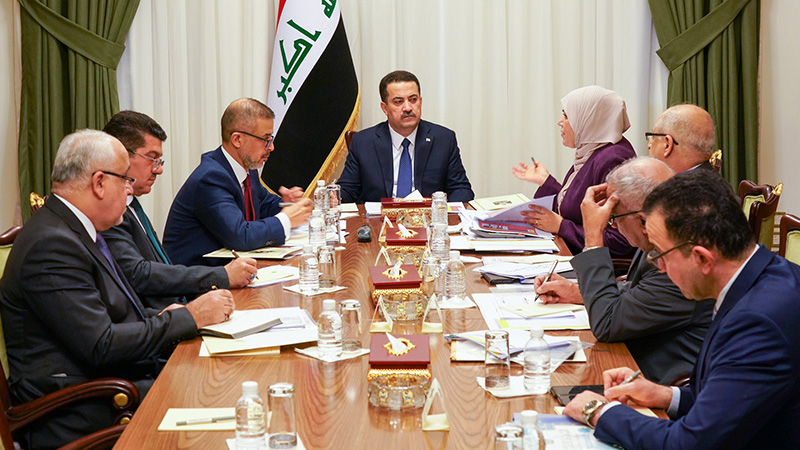MEPS shapes policy as global and regional leaders prepare for the Middle East Peace and Security Forum on November 17–19. The gathering arrives at a tense regional moment, and organizers expect urgent discussions about shifting alliances and rising instability. The event also follows Iraq’s recent elections, which created new political questions across Baghdad and the Kurdistan Region.
The sixth MEPS Forum brings together high-level officials who influence major regional decisions. Iraqi Prime Minister Mohammed Shia’ al-Sudani plans to attend. Kurdish President Masoud Barzani also joins the forum. Moreover, Kurdistan Region President Nechirvan Barzani and KRG Prime Minister Masrour Barzani will participate. Their presence highlights the region’s growing political weight.
The forum examines Iraq’s political direction after the vote. Leaders want clarity on the country’s next steps, and they aim to measure how recent global shifts may reshape Iraq’s foreign policy priorities. The discussions also explore Syria’s future as regional actors reassess strategy after years of conflict. The organizers designed the agenda to confront these issues directly.
The MEPS team states that the event focuses strongly on partnerships. They argue that the last year brought an unprecedented level of regional escalation. Therefore, they want the forum to guide cooperation rather than deepen tensions. They also highlight the Kurdistan Region’s emerging diplomatic role in regional conversations.
The official MEPS statement emphasizes several themes. First, it prioritizes conflict management during regional uncertainty. Second, it stresses reconstruction efforts that still lag behind political needs. Third, it addresses de-escalation mechanisms that regional actors often overlook. Finally, it highlights economic cooperation as a critical tool for long-term stability. These themes guide the forum’s scheduled sessions.
Dr. Ranj Alaaldin, Director of the MEPS Forum, explains the platform’s mission. He stresses the value of open debate and direct engagement. He also notes that MEPS challenges assumptions about Iraq, Kurdistan, and the broader Middle East. According to him, the forum supports research-driven policy and actionable recommendations that decision-makers can use. His remarks underline the role of academic insight in regional diplomacy.
MEPS shapes policy by gathering scholars, officials, and practitioners on neutral ground. Experts argue that this setting encourages candid conversations that often shape regional understanding. Howard Shatz from RAND explains that MEPS offers a rare meeting space for diverse groups, including Americans, Russians, Iranians, and representatives from across Iraq. He describes the event as a valuable crossroads for dialogue.
The forum’s unique environment attracts policymakers who seek new approaches to long-standing challenges. It allows them to rethink assumptions and reconsider strategies through open discussion. Moreover, it strengthens channels among actors who rarely meet directly. This approach reinforces MEPS as a vital regional platform.
In conclusion, MEPS shapes policy by creating a space where leaders confront regional uncertainty with informed analysis and renewed cooperation. The November forum aims to guide the Middle East through a turbulent phase and build frameworks that support stability in the years ahead.



